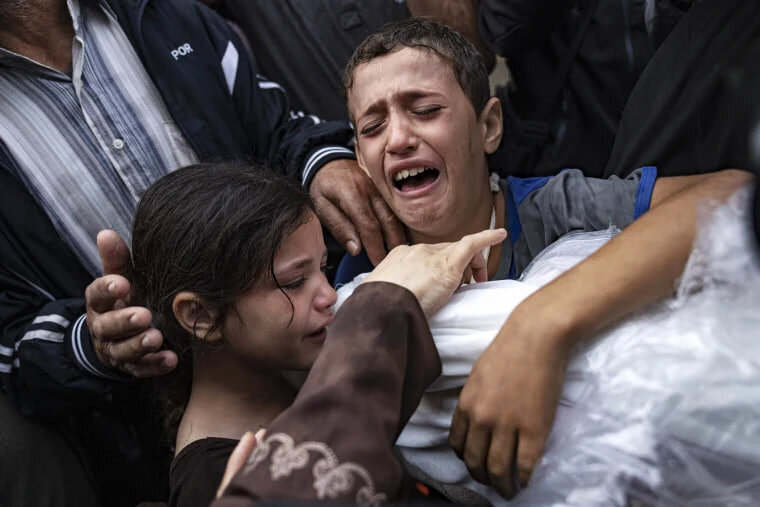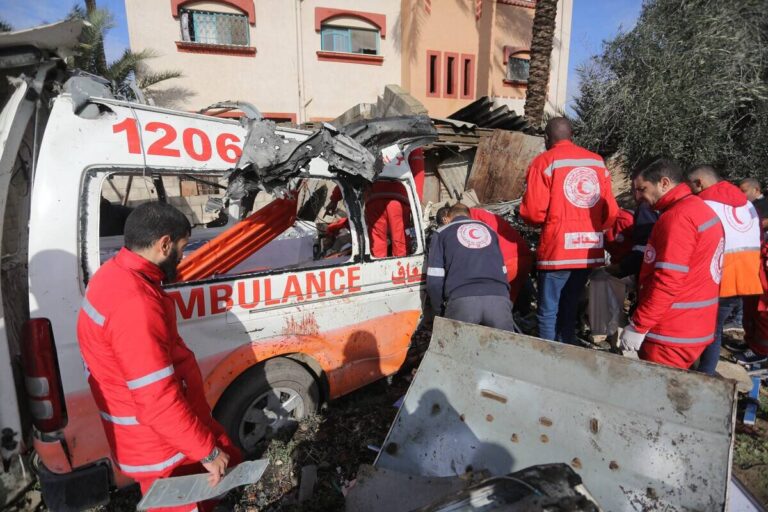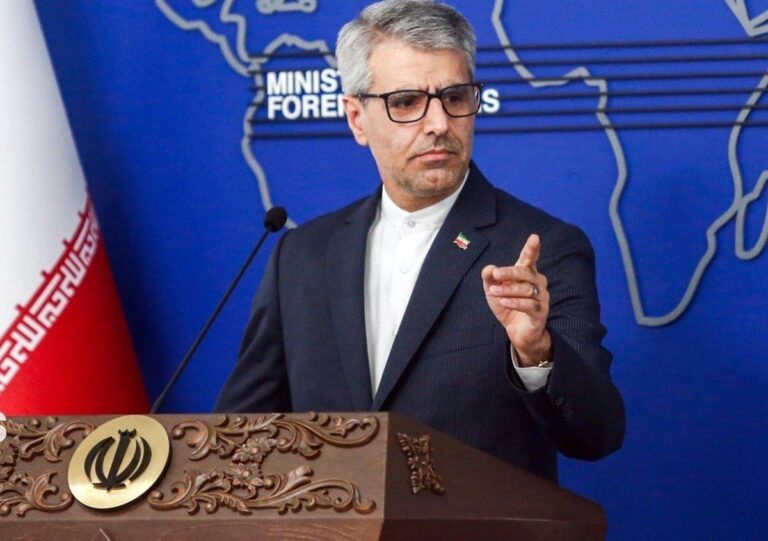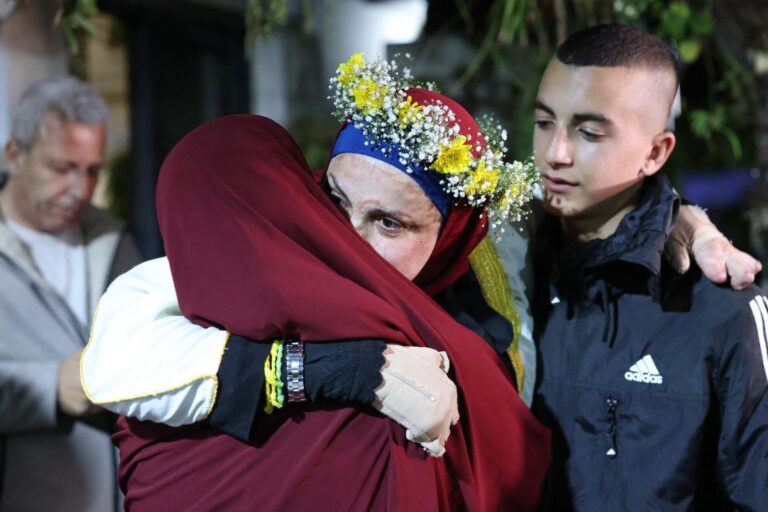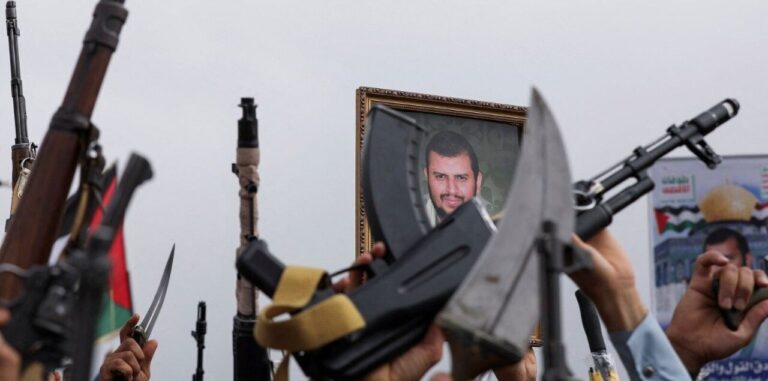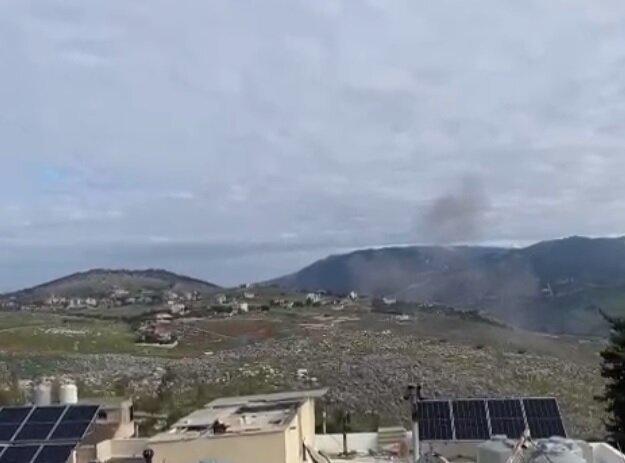Global Responsibility: Holding the World Accountable for the Gaza Genocide Crisis
Since the onset of the conflict on October 7, 2023, the situation in Gaza has drawn significant attention, highlighting the ongoing Israeli aggression towards the Palestinian people. This ongoing tragedy reflects a dire need for global intervention as the world watches in horror, seemingly powerless against the actions of leaders like Benjamin Netanyahu.
The crisis in Gaza is not just a humanitarian issue; it represents a monumental failure of international governance and moral responsibility. With approximately 2.3 million Palestinian Gazans trapped in a dire situation, the brutality exhibited by Israel raises pressing questions about the adequacy of global responses to such acts of violence.
As the conflict escalates, the question remains: how much more suffering must the people of Gaza endure before the international community acknowledges the severity of the situation? The actions of the Israeli government, under Netanyahu’s leadership, have drawn comparisons to historical figures known for their crimes against humanity, such as Radovan Karadzic and Adolf Hitler. This alarming parallel underscores the urgent need for action.
Netanyahu’s administration, alongside figures like Israel Katz, is not only engaged in violent attacks but is also implementing policies that effectively starve the Gazan population. The repercussions of these actions are profound and devastating.
Philippe Lazzarini, the head of the UN agency for Palestinian refugees (UNRWA), vividly described the current conditions in Gaza: “Gaza has become a land of desperation. Hunger is spreading and deepening, deliberate and manmade.” Such statements highlight the dire humanitarian crisis and the role of collective punishment in exacerbating the suffering of innocent civilians.
- Collective punishment is a clear violation of international law, constituting a war crime.
- U.S. Senator Bernie Sanders remarked, “It’s been 51 days since any humanitarian aid has entered Gaza,” emphasizing the blockade’s brutality.
- Senator Sanders referenced Katz’s assertion that “no humanitarian aid will enter Gaza” as an indication of the ongoing war crimes being committed.
The international community must grapple with its complicity in these atrocities. By allowing leaders like Netanyahu and Katz to operate without accountability, world leaders share in the responsibility for the ongoing genocide in Gaza. The absence of decisive action against such flagrant violations of human rights raises concerns about the emergence of future war criminals.
As the situation deteriorates, it becomes increasingly evident that we are witnessing a catastrophic failure of diplomacy and humanitarian intervention. The following points summarize the critical aspects of the Gaza crisis:
- Inhumane Conditions: Millions of Palestinians are facing extreme deprivation and violence.
- Global Indifference: There is an alarming lack of action from world leaders to intervene or provide aid.
- Historical Parallels: Current events evoke memories of past genocides and war crimes.
- Urgent Need for Accountability: Global leaders must be held responsible for their inaction.
The inability of the world to act decisively against the actions of the Israeli government raises fundamental questions about our collective moral obligations. As the tragedy in Gaza unfolds, the international community must confront the reality of its inaction and the potential consequences of allowing such brutality to continue unchallenged.
As we reflect on the events unfolding in Gaza, it is crucial to remain vigilant and voice our concerns. The plight of the Palestinian people cannot be ignored; their suffering must be addressed with urgency and compassion. The world must not turn a blind eye to the atrocities occurring in Gaza, for to do so would be to condone the very acts that humanity has long sought to eradicate.
In conclusion, the ongoing crisis in Gaza serves as a stark reminder of the consequences of political indifference and moral failure. It is imperative that global leaders take a stand against the violence and advocate for the rights and dignity of all people, ensuring that the lessons of the past are not forgotten.
